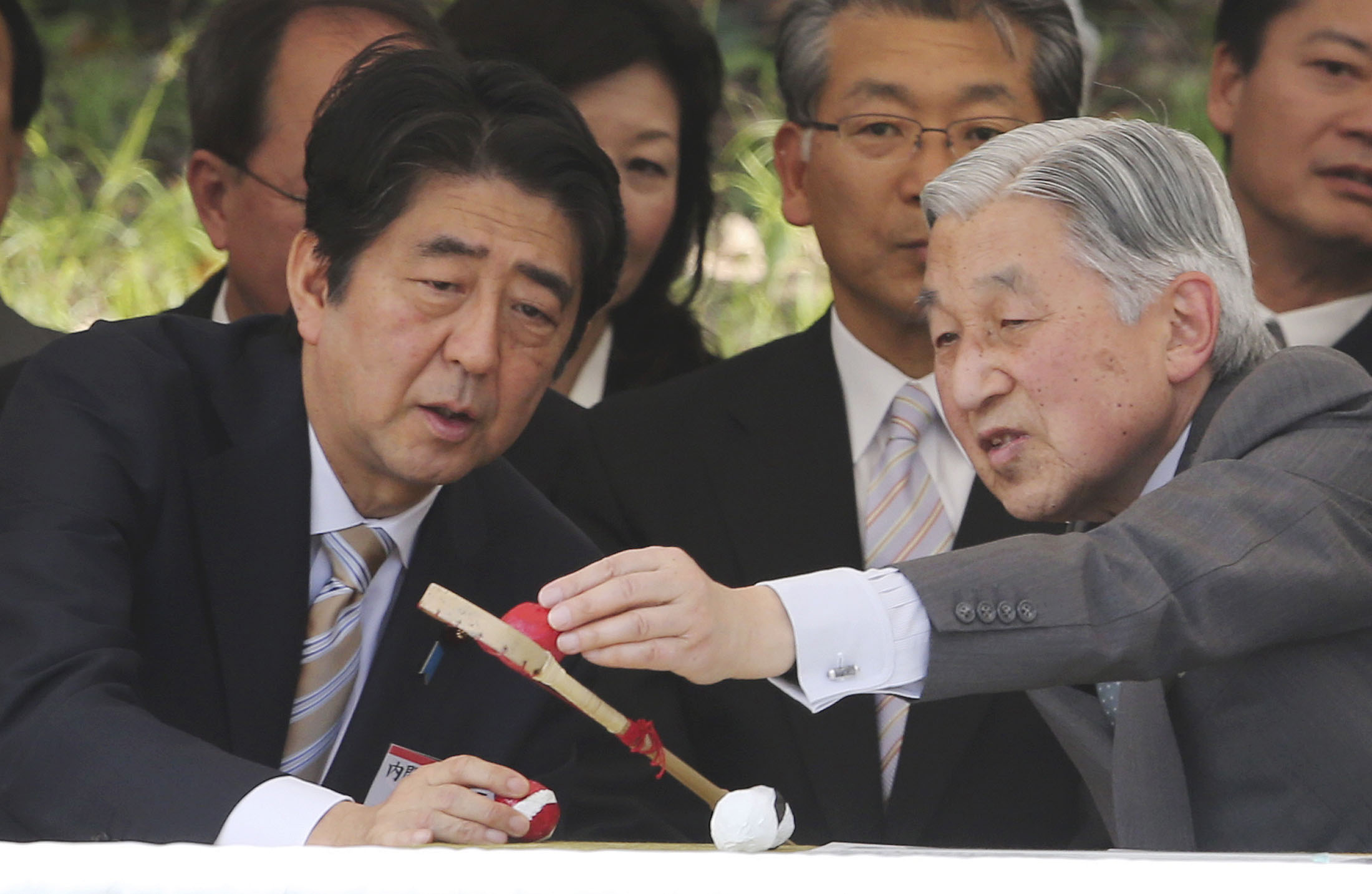As Japan and its neighbors anxiously await a statement by Prime Minister Shinzo Abe marking the 70th anniversary of World War II's end, an unexpected figure may play a key role as a counterbalance to any speech that waters down past declarations of contrition: Emperor Akihito.
The Emperor, whose role is narrowly defined by the nation's war-renouncing Constitution, is prohibited from entering the political fray. He is "the symbol of the state," the charter proclaims, "and of the unity of the people."
But as the country faces down the challenges of the 21st century, including the aftermath of the March 2011 disasters and ensuing Fukushima nuclear crisis, the rise of China and an increasingly fraught U.S. alliance, the Emperor has weighed in, however tacitly, on the future of Japan.



















With your current subscription plan you can comment on stories. However, before writing your first comment, please create a display name in the Profile section of your subscriber account page.